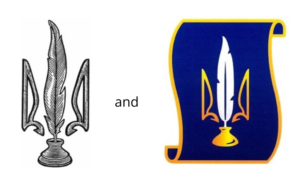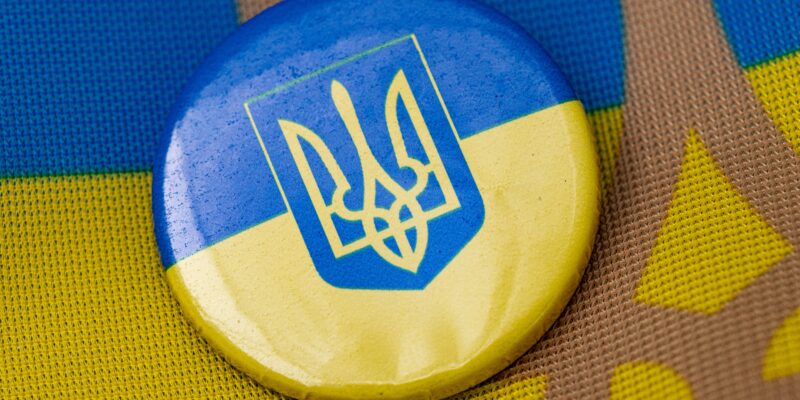Using country names as trademarks poses unique challenges, often conflicting with public order. Some countries worldwide have specific provisions in their national legislation for registering country names or letter codes of states as trademarks. The Paris Convention for the Protection of Industrial Property as of 1883 safeguards state symbols from unauthorized registration and use as trademarks.
In the heart of this legal landscape, Ukraine stands distinctively with its approach to the name “Ukraine” (in any alphabet) and the international letter code of the state “UA”. The Trademark Law of Ukraine (“Trademark Law“) strictly prohibits legal protection for these designations or their imitations, but there are opportunities for creative minds to explore.
The Commission
Two key conditions unlock the potential for use of the name “Ukraine”, its imitations, or country code “UA” in a trademark. Firstly, they must be included as non-protectable elements. Secondly, their inclusion is subject to the consent of the competent authority, which is the Commission for the Approval of Issues on Inclusion of the Designation Comprising the Official Name of the State “Ukraine” into the Trademark (“Commission“) created by the National Intellectual Property Authority. The Commission is not yet operating, but it is expected to resume soon.
Approval for including “Ukraine” or its imitation or “UA” in a trademark may be granted based on several conditions, such as being a legal entity or individual entrepreneur registered in Ukraine, not contradicting public order and promoting the state’s interests, holding a dominant position in the market, and having a minimum of 5 years of activity. The types of goods or services for which such a trademark is registered must be unique and exclusive to Ukraine.
The Trident
Exciting changes came about in April 2023 with amendments to the Trademark Law, allowing the registration of imitations of the Small Coat of Arms of Ukraine, the “Tryzub” (the Trident), in a trademark under the conditions mentioned above. Before this, use of any state symbols and their imitations in trademarks was strictly prohibited by the law.
This development came after the so called “UNBA Case” in 2019 that emphasized the existing gap in the legislation. The Ukrainian National Bar Association (“UNBA“), a non-governmental self-governed non-profit professional organization comprising all Ukrainian attorneys, filed a few trademark applications comprising imitations of the Tryzub, which were refused by the Ukrainian Patent and Trademark Office (“UA PTO“):

The UA PTO stated, in particular, that although the Constitution of Ukraine provides that the procedure for using state symbols is established by the law, the law has never been adopted, and therefore, there is no legislative regulation that establishes the procedure for using the image of the Small Coat of Arms of Ukraine, which makes it impossible to register it in a trademark.
UNBA appealed to the court, and in July 2016, the District Administrative Court of Kyiv ruled in its favour. This decision was upheld in the appellate and cassation instances, ending in January 2019. In particular, the courts stated that the absence of an established procedure for using state symbols or their imitations should not be a basis for a trademark refusal. Moreover, in the absence of a competent authority, the applicant was unable to obtain consent for using symbols imitating state emblems in trademarks.
Although the UNBA finally received the long-awaited trademark registration, it took a lengthy 6 years to complete the process. However, this case ultimately led to the legislative change already discussed. Building on the existing procedure for using the name “Ukraine” in a trademark, the legislator expanded these provisions to include the use of the imitation of the Tryzub in trademarks, making them eligible for registration.
Conclusions
In conclusion, recent legislative developments allowing for the registration of the imitation of the Small Coat of Arms of Ukraine under specific conditions present unique challenges and opportunities. They offer creative possibilities for branding, but strict criteria must be met, and an understanding of the legal landscape is essential to strike a balance between intellectual property rights and national values.
_____________________________
To make sure you do not miss out on regular updates from the Kluwer Trademark Blog, please subscribe here.



